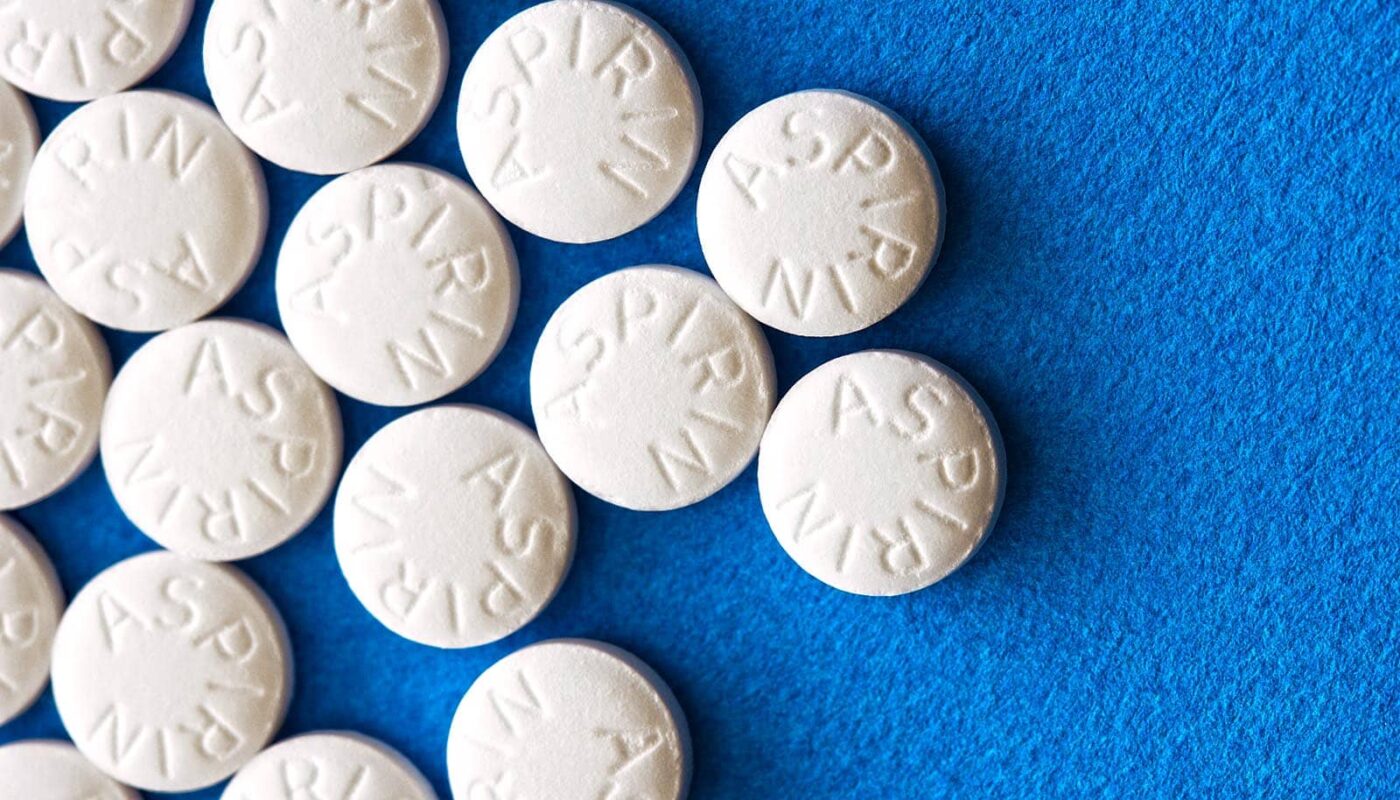Introduction
Coronary artery disease (CAD) is one of the leading causes of mortality worldwide. CAD results from the buildup of plaque in the coronary arteries that supply blood to the heart muscle. This plaque buildup narrows the arteries and reduces blood flow to the heart, which can lead to chest pain (angina) or a heart attack. Antiplatelet drugs play a crucial role in prevention and treatment of CAD by inhibiting platelet activation and aggregation. Ticagrelor is a novel antiplatelet drug that has provided significant benefits over the previous standard treatment for acute coronary syndromes and stent placements.
Chemistry and Mechanism of Action
Ticagrelor is a direct-acting and reversible P2Y12 platelet inhibitor. It selectively and directly binds to the P2Y12 receptor on the platelet surface to prevent adenosine diphosphate (ADP)-mediated activation and aggregation of platelets. Unlike clopidogrel which requires metabolic activation, ticagrelor does not require hepatic conversion to an active metabolite. This results in faster, more consistent and higher level of platelet inhibition compared to clopidogrel. Ticagrelor differs from other antiplatelet drugs like clopidogrel and prasugrel in its chemical structure, which is a cyclopentyl-triazolo-pyrimidine.
Clinical Trials and Efficacy
The landmark PLATO trial involving over 18,000 patients evaluated ticagrelor against clopidogrel for the treatment of acute coronary syndromes. The trial demonstrated that treatment with ticagrelor resulted in a 16% reduction in the primary composite endpoint of cardiovascular death, myocardial infarction or stroke compared to clopidogrel. Ticagrelor was particularly effective at reducing the risk of heart attacks. Subgroup analyses showed consistent benefits across a variety of patient groups including those with or without stent placements.
Subsequent analyses from the PLATO trial provided more insights into ticagrelor’s efficacy. It resulted in around 25% reduction in stent thromboses and rehospitalization for unstable angina compared to clopidogrel. Ticagrelor was also found effective in higher risk subgroups like patients with history of stroke, diabetes or prior myocardial infarction. The benefits of ticagrelor over clopidogrel were seen as early as 30 days and persisted over the entire duration of follow up.
Safety and Tolerability
While Ticagrelor provides significant clinical advantages, it also carries some additional safety risks. In the PLATO trial, major bleeding events defined by TIMI criteria were similar between ticagrelor and clopidogrel. However, ticagrelor was associated with a higher rate of non-coronary artery bypass grafting related major bleeding including intracranial hemorrhage. Ticagrelor also caused more episodes of dyspnea which were generally mild to moderate in severity. Due to the increased risk of bleeding, ticagrelor carries contraindications for use in patients with active pathological bleeding or history of intracranial hemorrhage. Caution is also warranted in patients at high risk of bleeding.
Current Role and Guidelines
Based on the PLATO trial results, both the European Society of Cardiology and American College of Cardiology/American Heart Association guidelines give a Class I recommendation (highest level) for the use of ticagrelor over clopidogrel in patients with acute coronary syndrome. Ticagrelor is now the recommended standard of care for up to 12 months in patients with myocardial infarction or unstable angina who are treated either medically or with percutaneous coronary intervention (PCI). It is also preferred over prasugrel due to better safety profile. Overall, ticagrelor has transformed the management of CAD by providing greater protection and improved clinical outcomes compared to previous standard antiplatelet therapy.
Ticagrelor is a novel P2Y12 receptor antagonist that has significantly lowered mortality, myocardial infarction and stroke in acute coronary syndrome patients. Its faster, stronger and more consistent platelet inhibition compared to clopidogrel translates to clinical advantages. While ticagrelor does increase risks of bleeding and dyspnea to some extent, it remains the preferred antiplatelet agent due its ability to deliver significantly better protection for heart attack patients. With its placement as standard first-line therapy in guidelines, ticagrelor has become a breakthrough drug for improving care of CAD.
*Note:
1. Source: Coherent Market Insights, Public sources, Desk research
2. We have leveraged AI tools to mine information and compile it



